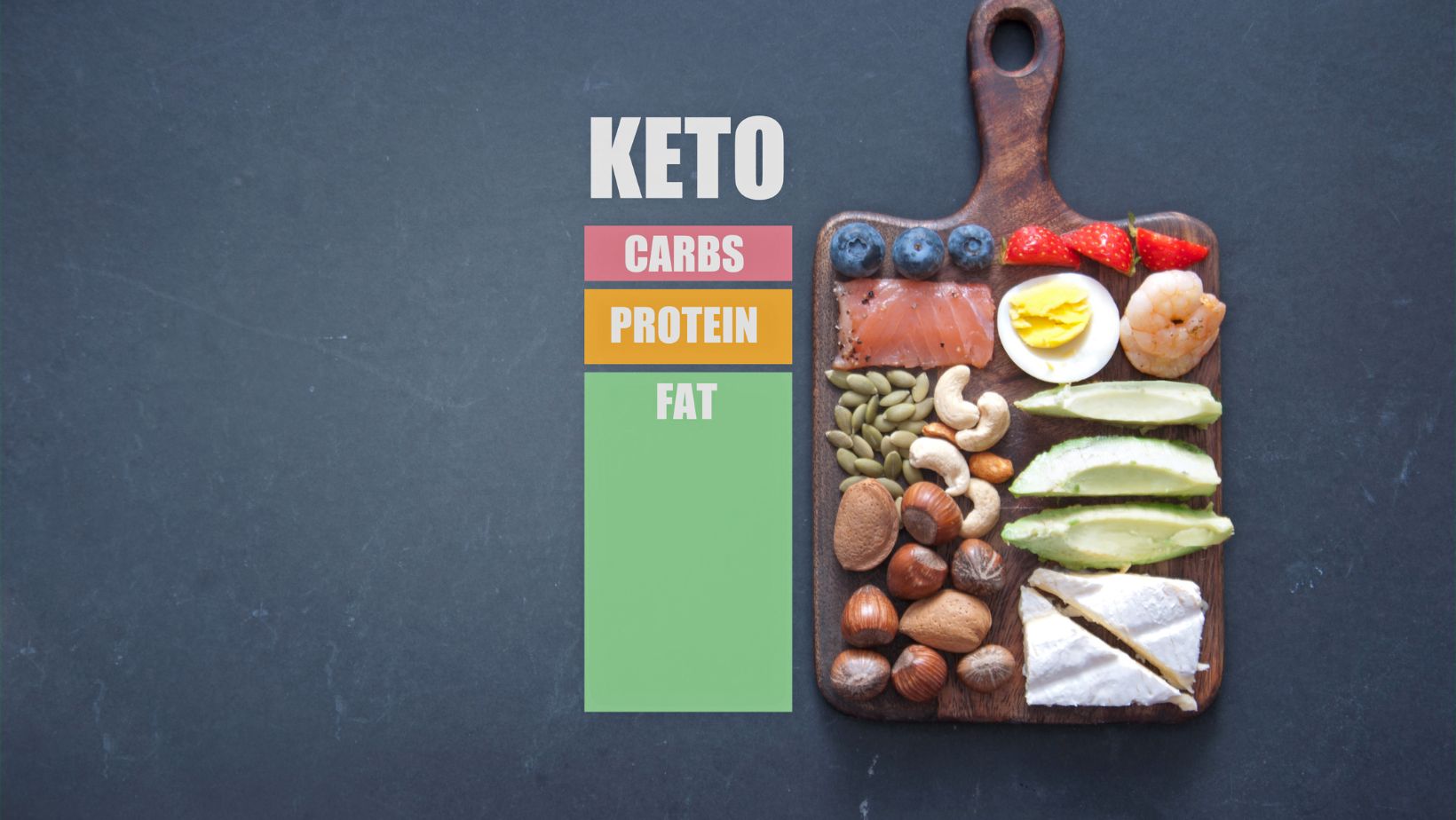
Keto Recipes For High Cholesterol
If you’re following a keto diet and have high cholesterol, finding suitable recipes can be a challenge. But fear not! I’ve got you covered with a selection of delicious keto recipes that are not only low in carbs but also heart-healthy. By incorporating these recipes into your meal plan, you can maintain your ketogenic lifestyle while keeping your cholesterol levels in check.
One of the primary concerns for individuals with high cholesterol is the consumption of saturated fats. However, on a keto diet, healthy fats play a crucial role. The key is to focus on sources of monounsaturated and polyunsaturated fats, such as avocados, nuts, seeds, and fatty fish like salmon or mackerel. These ingredients serve as the foundation for many fantastic keto dishes that promote heart health.
When it comes to main courses, try grilled salmon with lemon butter sauce or baked chicken thighs with olive tapenade. These protein-rich options provide essential nutrients while minimizing saturated fat intake. For side dishes or snacks, consider making avocado deviled eggs or roasted almonds seasoned with herbs and spices.
By exploring these keto recipes tailored specifically for individuals with high cholesterol, you can enjoy flavorful meals without compromising your dietary goals. Remember to consult with your healthcare provider to ensure these recipes align with your personal health needs. Let’s dive into the world of nutritious and tasty keto cooking while prioritizing our cardiovascular well-being!
Choosing Heart-Healthy Fats On A Keto Diet
When following a keto diet, it’s essential to prioritize heart-healthy fats, especially if you have high cholesterol. While the keto diet is known for its emphasis on fat consumption, not all fats are created equal. By making smart choices, you can nourish your body while still maintaining your cholesterol levels. Here’s what you need to know about selecting heart-healthy fats on a keto diet:
- Opt for Unsaturated Fats: Incorporating unsaturated fats into your ketogenic meals is key for supporting heart health. These healthy fats can help lower LDL (bad) cholesterol levels and reduce the risk of cardiovascular diseases. Some excellent sources of unsaturated fats include avocados, nuts and seeds, olive oil, and fatty fish like salmon and mackerel.
- Limit Saturated Fats: While saturated fats have long been associated with an increased risk of heart disease, recent research has challenged this notion within the context of a low-carb or ketogenic diet. However, if you have high cholesterol or other cardiovascular concerns, it’s still wise to consume saturated fats in moderation. Sources such as coconut oil, butter from grass-fed cows, and animal fat can be enjoyed occasionally but should not dominate your fat intake.
- Stay Away from Trans Fats: Trans fats are artificial fats that have been hydrogenated to improve shelf life and stability in processed foods. These types of fats are incredibly harmful to heart health as they raise LDL cholesterol levels while lowering HDL (good) cholesterol levels simultaneously. To protect your cardiovascular system while following a keto diet for high cholesterol management, avoid processed and packaged foods that contain trans fats.
- Embrace Omega-3 Fatty Acids: Omega-3 fatty acids are potent anti-inflammatory compounds that promote heart health by reducing triglyceride levels and improving overall lipid profiles. Including omega-3-rich foods like fatty fish (salmon, sardines), chia seeds, flaxseeds, and walnuts in your keto recipes can provide numerous health benefits. If necessary, you can also consider omega-3 supplements to ensure an adequate intake.
- Prioritize Whole Foods: Rather than solely focusing on the types of fats you consume, it’s crucial to emphasize whole food sources. By selecting nutrient-dense options like avocados, olives, nuts and seeds, grass-fed meats, and organic dairy products (if tolerated), you’re not only obtaining healthy fats but also gaining essential vitamins and minerals that support overall well-being.
Remember that maintaining a balanced approach is key when choosing heart-healthy fats on a keto diet for high cholesterol. Always consult with a healthcare professional or registered dietitian before making significant dietary changes to ensure it aligns with your individual needs and goals. With the right knowledge and mindful choices, you can enjoy the benefits of a ketogenic lifestyle while safeguarding your heart health.

